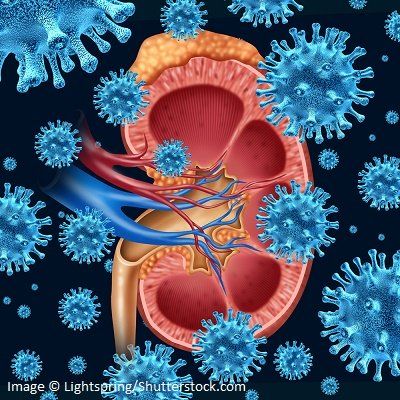ASCO 2016: Nivolumab Treatment Beyond Progression Benefits Patients With Metastatic RCC
Anti-programmed cell death protein 1 (PD-1) checkpoint inhibitor immunotherapy with nivolumab is safe and effective even after disease progression among patients with metastatic RCC.

Anti-programmed cell death protein 1 (PD-1) checkpoint inhibitor immunotherapy with nivolumab (Opdivo) is safe and effective even after disease progression among patients with metastatic renal cell carcinoma (mRCC), and treatment beyond progression was associated with prolonged overall survival, according to findings from the large phase III CheckMate 025 trial, presented at the 2016 American Society of Clinical Oncology (ASCO) Annual Meeting, held June 3-7, 2016, in Chicago (abstract 4509).
Cancer treatments are traditionally discontinued after disease progression, but the study findings suggest that patients on nivolumab may experience delayed but beneficial immune responses after progression.
“Response patterns of immunotherapies like nivolumab differ from those seen with other approved targeted therapies,” noted lead study author Bernard Escudier, MD, of the Institut Gustave Roussy, in France, and coauthors. “Immune cell infiltration into the tumor or tumor growth that can occur as the immune system is priming for a response, makes interpretation by Response Evaluation Criteria in Solid Tumors (RECIST) more challenging and may result in patients discontinuing therapy prematurely.”
Median overall survival (OS) was 28.1 months among patients treated beyond progression, versus 15.0 months for those not treated after progression (P < .001).
The study followed 406 patients with mRCC with clear cell components whose cancers had previously proven refractory to one or two antiangiogenic therapies, and who were subsequently randomly assigned to receive nivolumab (3 mg/kg intravenously every 2 weeks).
A total of 316 of these patients experienced disease progression on nivolumab. Of these, 153 were treated beyond progression (with treatment extending 4 or more weeks after first progression) and 18 were treated briefly beyond progression (treatment less than four weeks after first progression). The other 145 patients were not treated beyond progression.
Twenty patients (14% of the 142 evaluable patients for whom tumor measurements were available from before and after disease progression) experienced a 30% or greater reduction in tumor volume. A total of 29 patients had complete or partial tumor responses (CR, PR); 47 experienced stable disease (SD), and 66 had continued disease progression.
The findings suggest that treatment with nivolumab after disease progression experience delayed immune responses, and that new clinical guidelines may be warranted for checkpoint inhibitor immunotherapies like nivolumab to optimize mRCC management, the coauthors concluded.
The findings were consistent with recently reported findings from a subgroup analysis of data from a phase II trial.
The trial was funded by Bristol-Myers Squibb.